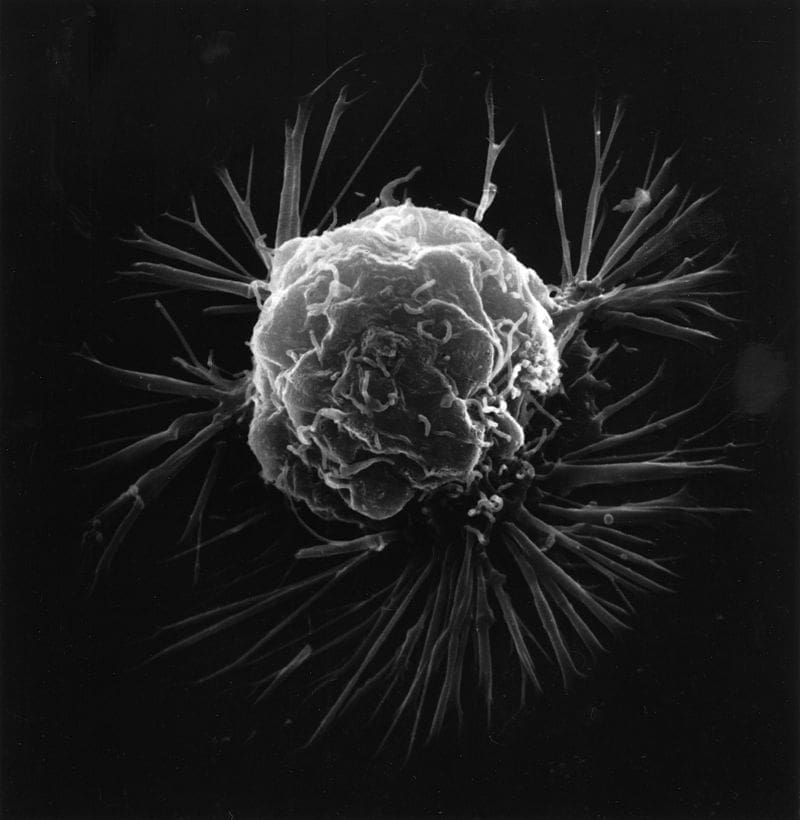Breast cancer: 44th Annual Congress of the German Society of Senology in Stuttgart
The 44th Annual Congress of the German Society of Senology (DGS ) will take place at the International Congress Center Stuttgart from June 26 to 28, 2025. The DGS invites specialist representatives, patient associations, politicians and industry partners to discuss advances in the prevention, diagnosis and treatment of breast cancer.
Under the direction of Prof. Dr. Andreas Hartkopf, Prof. Dr. Nina Ditsch and Prof. Dr. Michael P. Lux, the congress offers a high-quality scientific program. The focus will be on the personalization of prevention, therapy and aftercare using molecular markers, participatory decision-making as well as digital tools and artificial intelligence (AI). Innovations such as large language models, big data in pathology and radiology and AI-supported side effect management will be highlighted in particular.

The program includes a variety of formats, including for the first time a science slam with creative research presentations and Oxford debates on controversial topics. The focus is on interdisciplinary exchange, specialist policy discussions and the promotion of young and experienced researchers. Stuttgart offers the ideal setting for learning, networking and the further development of patient-centered senology.
During the opening event on June 26 at 1:30 pm, several prizes will be awarded, including the DGS Science Prizes, the Klaus-Dieter Schulz Healthcare Research Prize, the Florence Nightingale Prize, the “Junior meets Senior” Innovation Prize and the DGS Honorary Membership.
Further information:
DGS 2025 – Program – Greeting from the Congress Presidium
The articles in the news section are produced by X-Press journalist office
Gender note. The personal designations used in this text always refer equally to female, male and diverse persons. Double/triple references and gendered designations are avoided in favor of better readability.




